TERMINAL FACILITIES
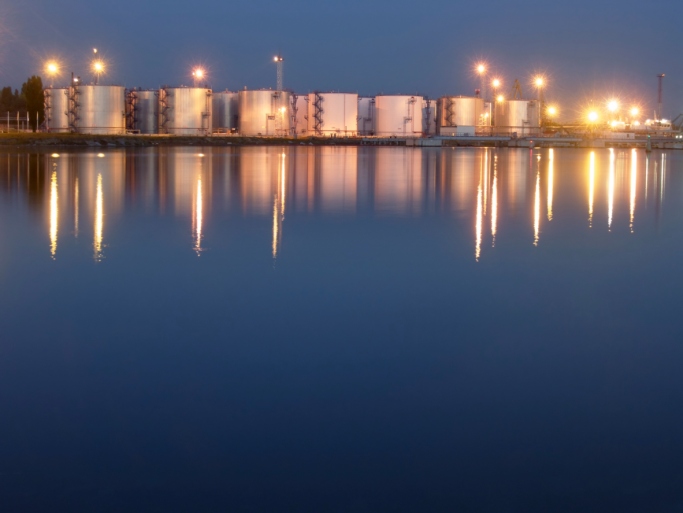
PROCESS possesses a staff of highly qualified process engineers willing and able to provide process design and process safety services to owners of terminal facilities. Storage, shipping, and receiving of gases or liquids is both safe and efficient if done correctly. Doing so involves a few basic issues: removing certain contaminates such as water, compressing/pumping/boosting the material to the next facility, appropriately storing/metering/blending materials, and receiving/shipping of materials by truck or rail. PROCESS is able to provide a number of key services to this market.
Our Services
Many of our standard services and deliverables apply to Terminal facilities. Some of these include:
- Conceptual process design basis development
- Preliminary and final process design packages (basic engineering / schedule A / etc.)
- Technical and economic process alternatives evaluations and feasibility studies
- Design calculations and technical reporting
- Process computer simulation modeling
- Mass and energy balances
- Unit operation design/evaluation
- Optimization of heating, cooling, or blending processes
- Piping system hydraulics calculations
- Process control scheme development
- Control system startup, tuning, optimization
- Process flow diagrams (PFDs), piping and instrumentation diagrams (P&IDs), and process control diagrams (PCDs) preparation
- Process/equipment bid package preparation
- Equipment specifications, and vendor technical and cost proposal evaluation and recommendations
- Detail design and construction phase process oversight and support
- Commissioning and startup support
- Process evaluation and troubleshooting
- Conducting process hazard analyses (PHAs) and developing risk management plans
- Independent 3rd party design review
- On-site process modification/construction oversight
- Operating procedures development
- Process documentation development
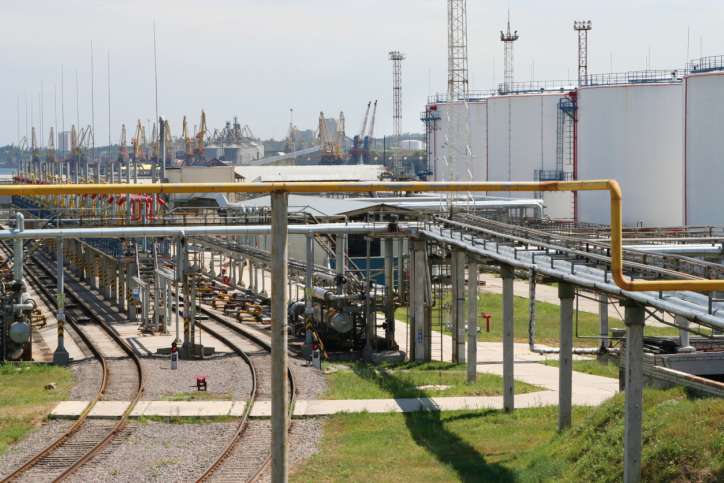
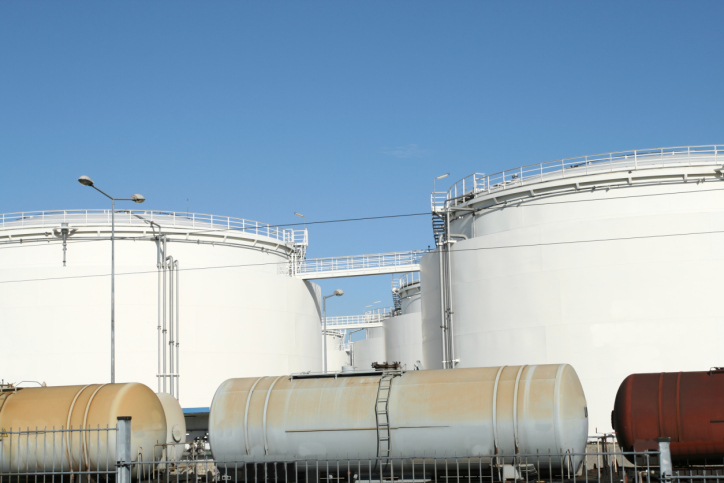
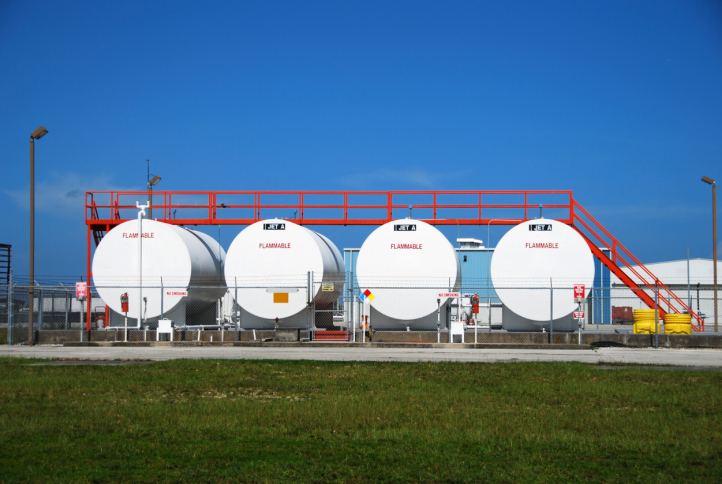
Supporting Facilities with Limited Engineering Staff
Many terminal facilities are manned with a very small number of operating personnel and even fewer (if any) engineering support staff. PROCESS can provide process engineering assistance on an ‘As Needed’ basis to support site development projects, etc. Using our simulation tools, PROCESS can quickly and efficiently model a particular system or facility and match it to actual operating parameters. Using this base simulation, potential impacts of proposed system changes can easily be analyzed and modified if needed to prevent unwanted consequences. One of the most common terminal tasks is checking the hydraulic impact of planned piping modifications and sizing components accordingly. PROCESS can also provide relief valve sizing with supporting calculations to document that the pressure relief system has been adequately and correctly sized. PROCESS can also help small facilities with limited support staff become compliant with current regulations such as OSHA’s Process Safety regulation – 29 CFR 1910.119. Many times our support efforts start with a quick findings audit and progress from there as needed to help the client bring a particular location into compliance with all process safety standards.
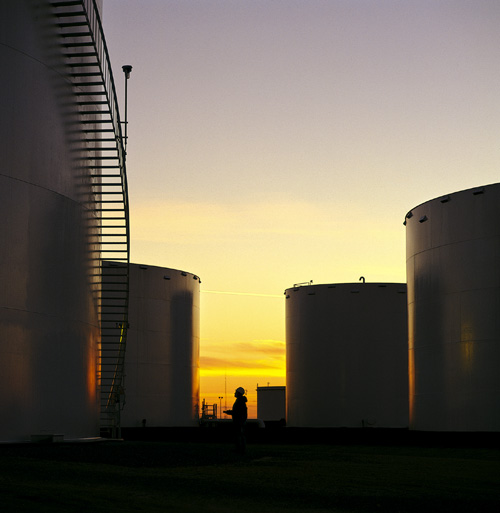
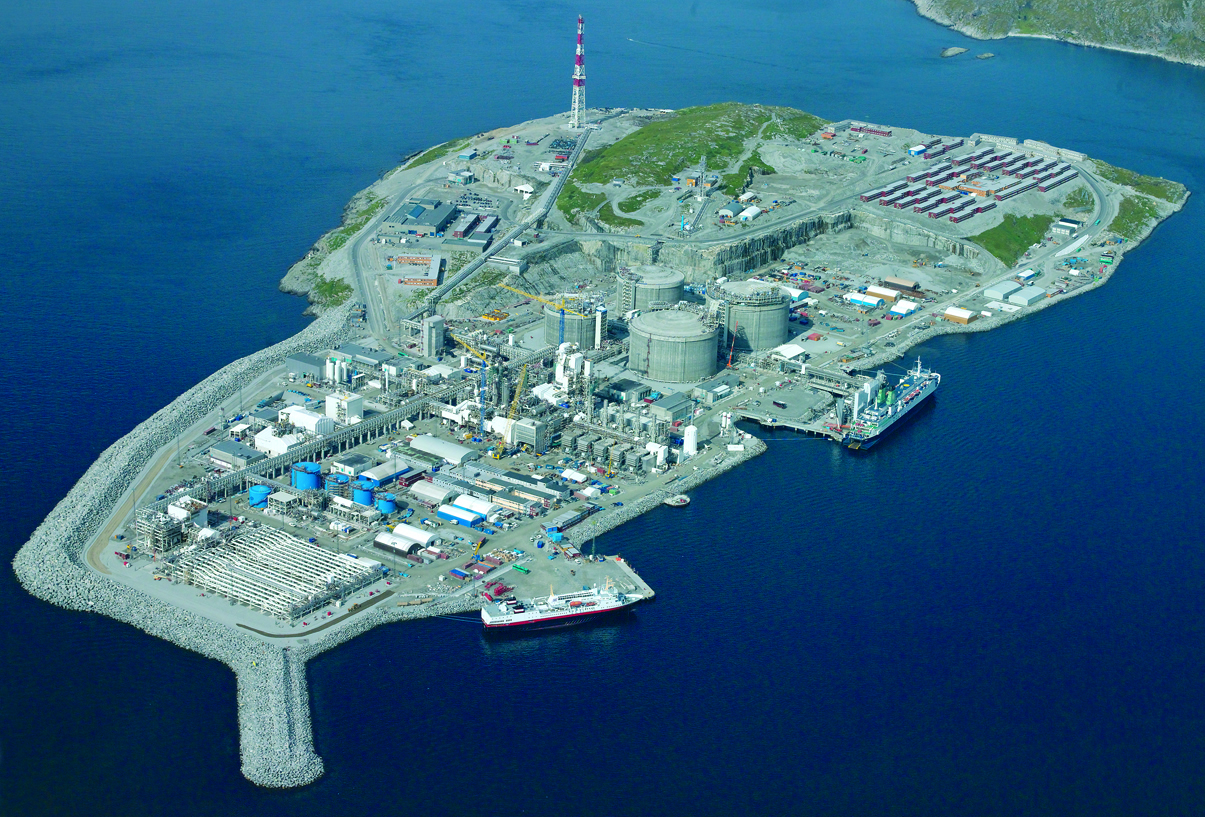
Specialty Terminal Facilities
PROCESS also has experience with ammonia pipeline terminals utilizing cryogenic refrigeration systems to minimize boil off losses. For one client, PROCESS developed special tank farm heat leak models to accurately predict material losses which must be annually reported to the EPA. So, whether the terminal is storing natural gas, crude, transmix, gasoline, diesel, or some other product, PROCESS can help.
PIPELINES
Pipeline Project and Facility Services
Transportation of gases or liquids over long distances is both safe and economical if done correctly. Doing so involves a few basic issues; removing certain contaminates such as water, brine, solids, etc., compressing/pumping/boosting the material to the next facility, and appropriately storing/metering/distributing/blending materials upon arrival at the final terminal destination. PROCESS is able to provide a number of key services to this market, most commonly associated with above ground facilities such as pump stations, booster facilities, terminals, etc.
PROCESS’ staff is comprised of highly qualified process engineers willing and able to provide process design and process safety services to pipeline owners/operators and engineering companies involved in pipeline related project work.
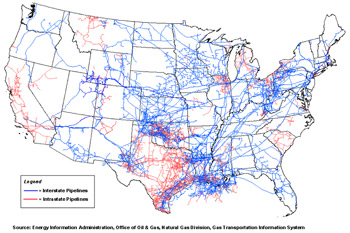
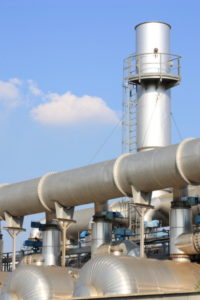
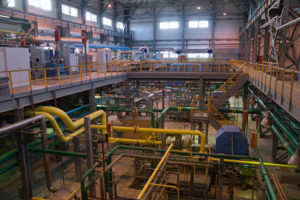
All of our standard services and deliverables have application to Pipeline Projects as well as Pump and Booster Station facilities. These include:
- Conceptual process design basis development
- Front end engineering design packages (FEED) and FEED verification
- Preliminary and final process design packages (basic engineering / schedule A / etc.)
- Technical and economic process alternatives evaluations and feasibility studies
- Design calculations and technical reporting
- Process computer simulation modeling
- Mass and energy balances
- Unit operation design/evaluation
- Debottlenecking studies
- Piping system hydraulics calculations
- Process control scheme development
- Control system startup, tuning, optimization
- Creating process flow diagrams (PFDs), piping and instrumentation diagrams (P&IDs), and process control diagrams (PCDs)
- Process/equipment bid package preparation
- Equipment specifications, and vendor technical and cost proposal evaluation and recommendations
- Detail design and construction phase process oversight and support
- Commissioning and startup support
- Process evaluation, troubleshooting and optimization
- Conducting process hazard analyses (PHAs) and developing risk management plans
- Independent 3rd party design review
- On-site process modification/construction oversight
- Commissioning and startup
- Troubleshooting and optimization
- Develop operating procedures
- Develop process documentation
Small/Remote Facility Compliance
Even small and or remote pipeline facilities can benefit from using PROCESS’ expertise. Using our simulation tools PROCESS can quickly and efficiently model a particular system or facility and match it to actual operating parameters. Using this base simulation, potential impacts of proposed system changes can easily be analyzed and modified if needed to prevent unwanted consequences. One of the most common pipeline station tasks is checking the hydraulic impact of planned piping modifications and sizing components accordingly. PROCESS can also provide relief valve sizing (thermal relief, upset condition protection, etc.) with supporting calculations to document that the pressure relief system has been adequately and correctly sized. PROCESS can also help small facilities with limited support staff become compliant with current regulations such as OSHA’s Process Safety regulation – 29 CFR 1910.119. Many times our support efforts start with a quick findings audit and progress from there as needed to help the client bring a particular location into compliance with all safety standards. Other common tasks include pump and compressor sizing evaluations, knock out pot evaluations, and separation systems design.
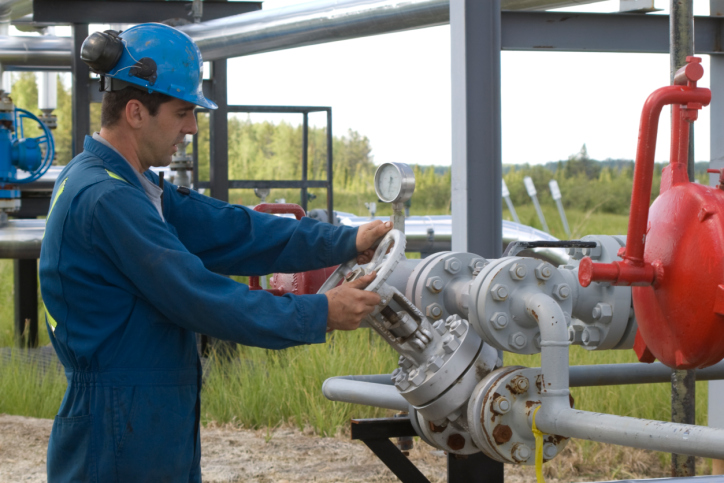
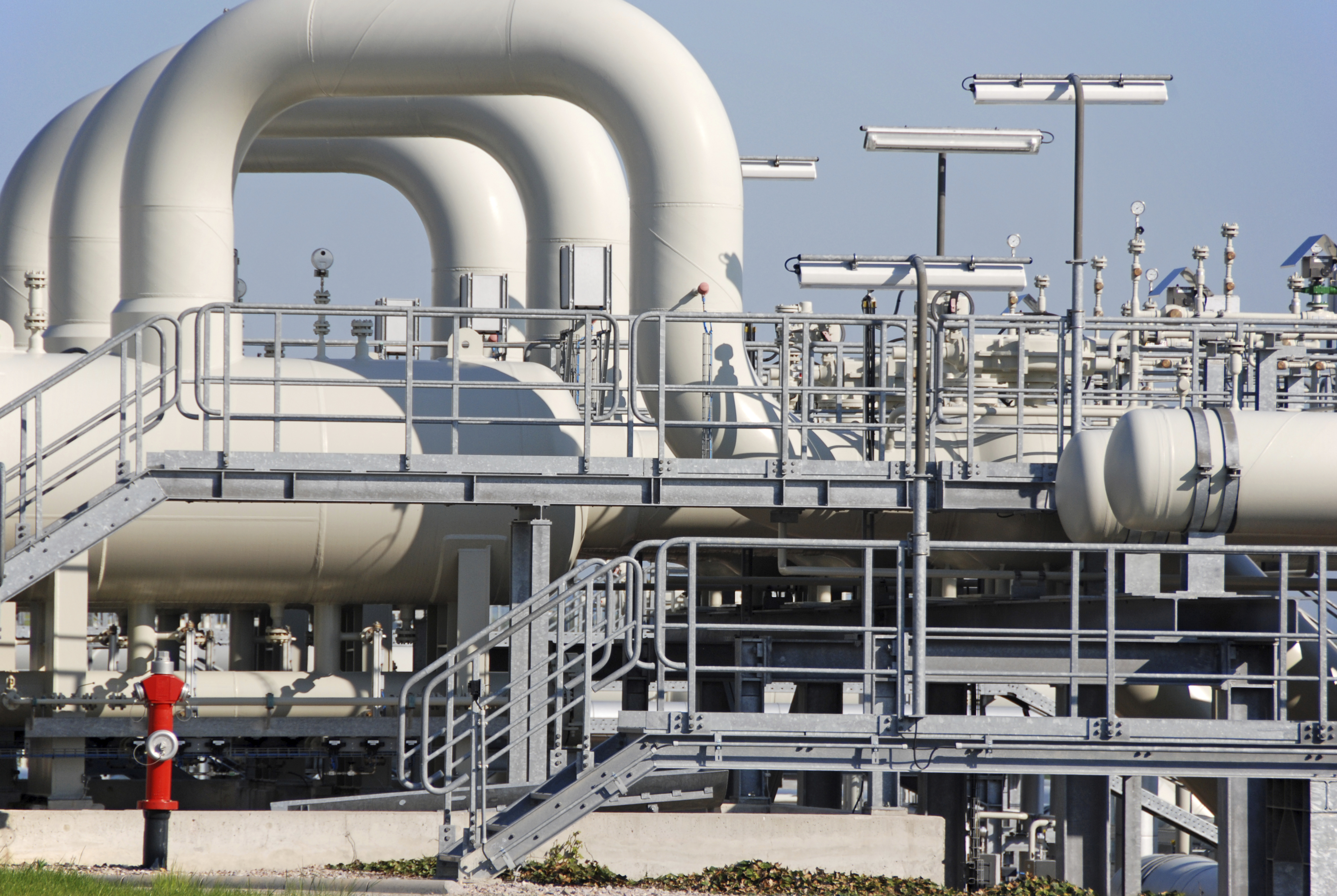
Specialty Pipelines
PROCESS also has experience with ammonia pipelines and related facilities. So, whether the pipeline is transporting natural gas, crude, transmix, gasoline, diesel, or some other product, PROCESS can help.
